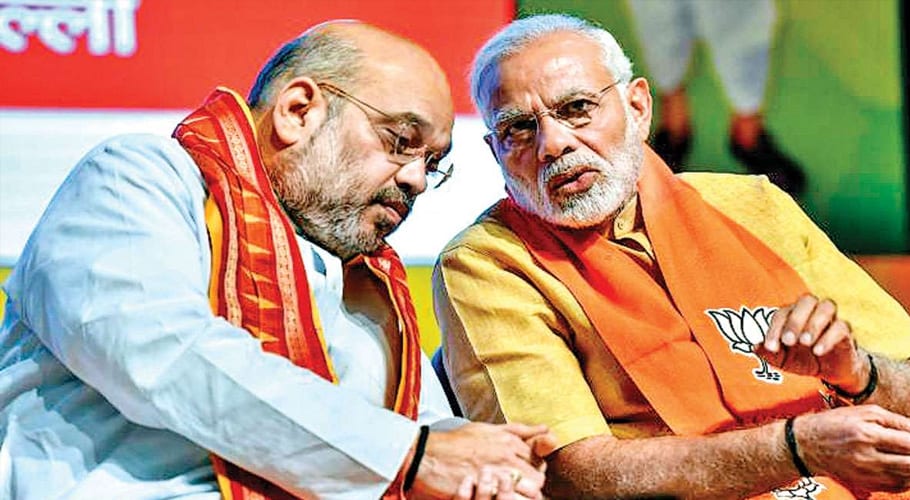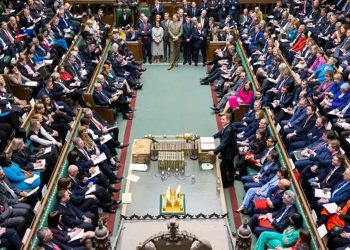NEW DELHI: India’s lower House of Parliament (Lok Sabha) has passed the controversial Citizenship Amendment Bill (CAB), which will grant citizenship to religious minorities from neighbouring countries, but not Muslims.
The bill, which seeks to amend the 1955 citizenship law, aims to give citizenship to “persecuted” minorities – Hindus, Sikhs, Buddhists, Jains, Parsis and Christians – from Bangladesh and Afghanistan but excludes Muslims.
READ MORE: Federal US commission seeks sanctions on top Indian officials
It comfortably passed the lower house with 311 votes in favour and 80 against just after midnight.
After being approved 311-80 by the lower chamber on Monday, the bill will now go to the upper House, where the ruling Hindu nationalist Bharatiya Janata Party (BJP) lacks a majority.
Opposition parties say the bill is discriminatory as it singles out Muslims in an officially secular nation of 1.3 billion people. Muslims form nearly 15 percent of the population.
Critics point out that the move is part of a Hindu supremacist agenda pushed by the government of Prime Minister Narendra Modi since it came to power nearly six years ago.
READ ALSO: India to table controversial citizenship bill in parliament
“This bill is in line with India’s centuries old ethos of assimilation and belief in humanitarian values,” Prime Minister Narendra Modi tweeted, adding that he was “delighted” about its passage.
But to Muslim organisations, rights groups and others, the bill is part of Modi’s push to marginalise India’s 200-million-strong Islamic minority.
READ MORE: Indian rape victim dies in hospital after being set ablaze



































